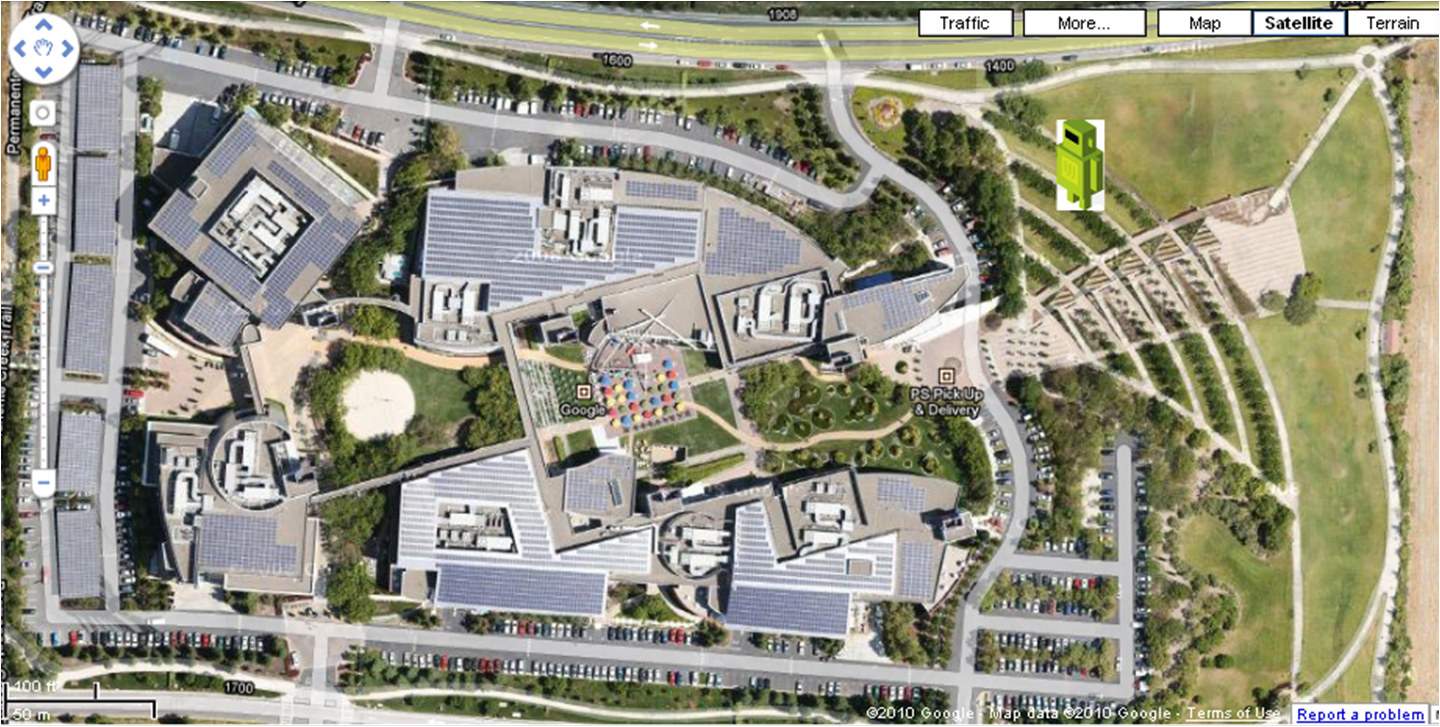SAN FRANCISCO, Calif. – Google is playing politics in the Bay Area, and in many ways it is doing an excellent job getting public support on its side.
But as technology and politics become more intertwined in San Francisco and across the Bay, fears over housing and transport costs have led to a local movement demanding justice from the tech giants who use public space for private gain.
Worries about gentrification of the city and soaring rent prices are hardly new. But throughout early 2014, a barrage of articles have appeared in the media questioning whether the Bay is in fact "losing its soul" to Google and other tech companies whose employees drive up urban costs – and whose private buses shuttle workers from the city to their campuses south in Silicon Valley.
More people these days are asking what can be done to level the playing field for working and middle-class San Francisco residents, many of whom have been forced to move elsewhere to maintain a living amid rising rents spurred by the tech boom.
And now, with the conversation turned explicitly against Google, the company has unleashed a PR campaign to bring back support. On February 27, the Mountain View-based Internet company announced it was gifting $6.8 million to the city of San Francisco to cover two years of transit costs for working-class San Francisco kids. Mayor Ed Lee himself said it is part of a series of donations from the corporation to "improve its local image."
"They said, 'This is the first step we want to make,'" Lee said, describing a meeting he had with a Google senior executive this month. "This is so dramatically exciting because it's a catalyst for other companies."
It is the largest donation ever from a non-government company to the Municipal Transportation Agency, and will fund an already existing pilot program that delivers free bus and MUNI rides for low- and middle-income children in the city without charge. That program has already registered some 31,000 youths and costs roughly $3 million a year.
However, while Lee and the "Google senior executive" did not elaborate on other programs Google plans to become part of, for activists and worker organizations in the city, the company's timing and intentions appear oddly silenced by the media.
"I have been at meetings, at a few publications in the city, where the talk of covering the protests and angst [felt] against Google, Apple and other tech giants has largely been put down because there is an overall desire not to piss off those people," said one freelance writer who contributes to mainstream media outlets in the Bay Area. For him, too, it is a matter of supporting those who have the money.
"It is all about the money and the advertising revenue, which is why we are seeing an upsurge of coverage of this donation – and the lack of serious investigation into how the tech industry is directly responsible for the increase in rent prices and the pushing out of average citizens from the city and Peninsula," he added.
This has been the slant of coverage in the Google Bus debacle, where the San Francisco Chronicle argued that without Google buses, company employees who live in the city would instead resort to driving to work. The argument failed to give credence to a University of California, Berkeley, research study that showed nearly half of those workers living in the city would move closer south to their campuses if the company buses didn't exist.
Danielle Dai and David Weinzimmer of Berkeley's Department of City and Regional Planning wanted to know how the tech shuttles influence the decisions of Silicon Valley workers about where to live and how they get to work.
Dai and Weinzimmer questioned riders on whether they would move closer to work if the shuttles were discontinued, and 40 percent said they would.
For local activists like Mark Thomas, who has participated in protests against the Google buses, another sore point is the amount of tax breaks given to social media giant Twitter, which amount to around $50 million annually, reflecting the uphill battle faced by average residents to pay their way as tech companies add to their seemingly unending resources.
"It is about power," Thomas said on a sunny San Francisco morning over a cup of coffee. "[Google] faces criticism and an increase in discussion about how they are using public resources for their own good, and then turn around with a donation for a project that was already underway. And all of a sudden people forget about the problem at hand and say, 'Well, they are helping so we shouldn't be upset.' It's about power and they have the power to influence."
He pointed to the Wisdom 2.0 conference held recently at Google's headquarters in Mountain View that brought industry and social leaders together to talk about the need to ensure that the tech industry is supporting and assisting the public with its tools. Numerous articles were published on the role of women in the tech sector, how technology changes social landscapes and how business leaders must do more to create a "just society" for all.
Yet, only briefly did any mainstream media publication mention or report on the protest by a group of women at the event, who took to the stage to demonstrate against what they called the "evil" practices of Google.
Amanda Ream, one of the protesters forcibly removed from the event by Google security, which employed violence against the women, found an outlet for her story in the Buddhist magazine Tricycle.
"The pace of displacement in the city’s Mission District makes whole sections of the neighborhood unrecognizable to people who lived there just a year before. With great respect for Sharon Salzberg, Konda Mason, and Shinzen Young, who taught this year at Wisdom 2.0, I ask the following question about the dharma on display at this conference: To whom is it recognizable?" wrote Ream.
She handed out leaflets to some 500 attendees at the conference that read, "Thank you for your patience. We invite you to consider the truth behind Google and the tech industry's impact on San Francisco."
Over the past month, since the issue of its buses and the gentrification of San Francisco began to hit the forefront of newspapers locally, nationally and even internationally, Google has realized the need to speak out. And it has done so, harnessing reporters to tell a different story about the company in an effort to steer the conversation away from the negative and toward the positive that Google is doing for the Bay Area community.
But Alysabeth Alexander, SEIU Local 1021 Vice President, told Occupy.com that "this fails to understand the overall issues at hand where residents can no longer afford to live in the city, are being evicted without fault so to increase rental prices, and the government's overall apathy towards any sustainable change."
She argued it was due to a widely held belief that Google and others in Silicon Valley are job creators – which, admittedly, they are – and that elected officials across the city and state, many of whom receive campaign contributions from tech companies, are unwilling to break those relations in favor of the average citizen.
But Thomas and other activists are getting frustrated with the public discussion on the issue, saying the media is not giving equal weight to the protesters and their demands vis-a-vis the large tech companies which are fueled by PR machines.
"What we are seeing is a whitewashing of the actual facts on the ground in favor of a continued support for Silicon Valley at all costs – because at the end of the day we don't make up a large enough or powerful enough economic bracket to have our voices heard. This is, unfortunately, the new America where power and money trump the rights and desires of the people," Thomas added.
3 WAYS TO SHOW YOUR SUPPORT
- Log in to post comments













